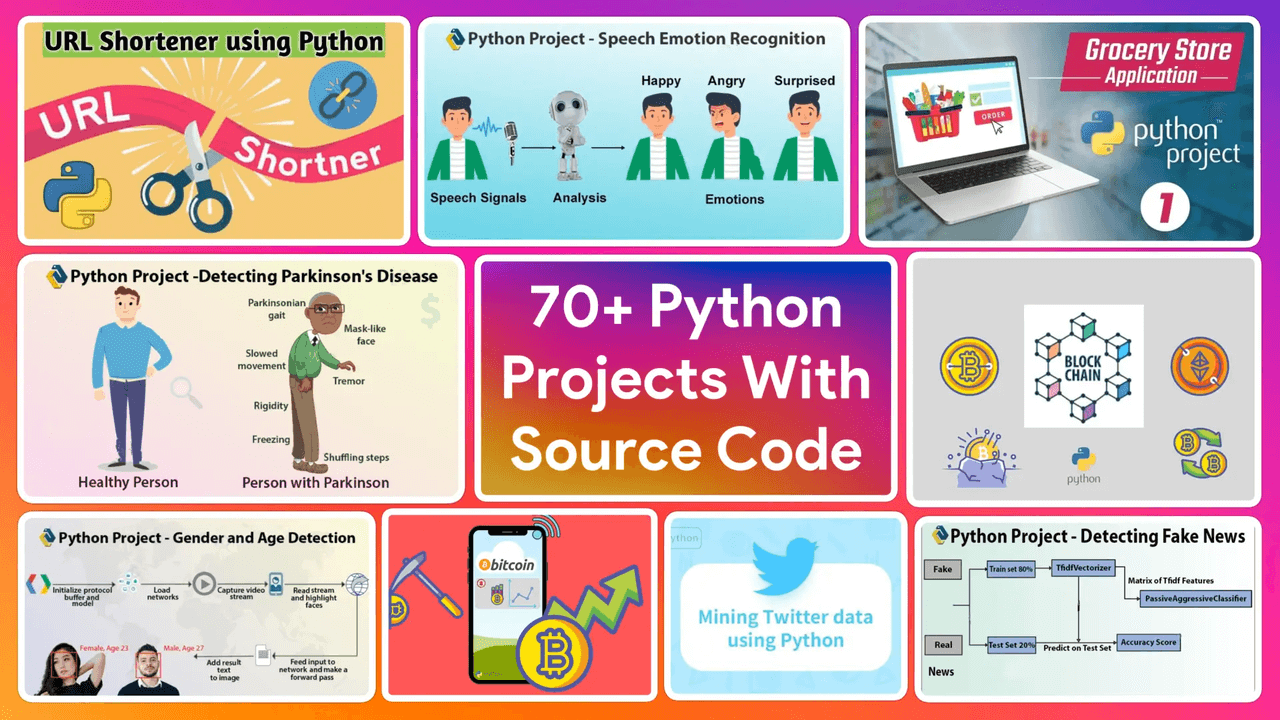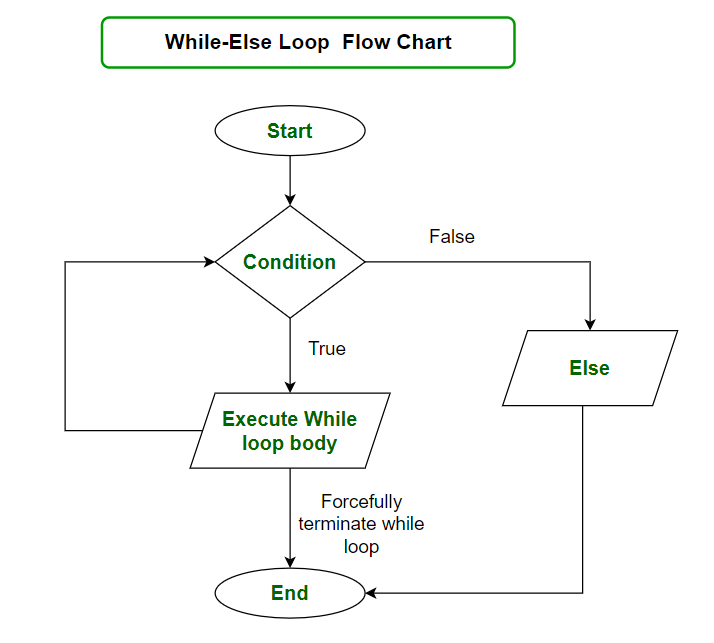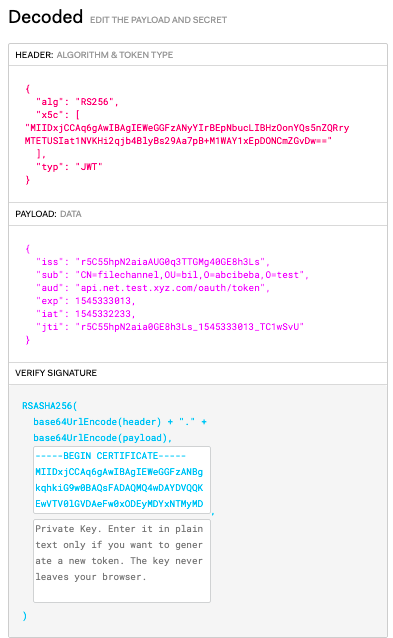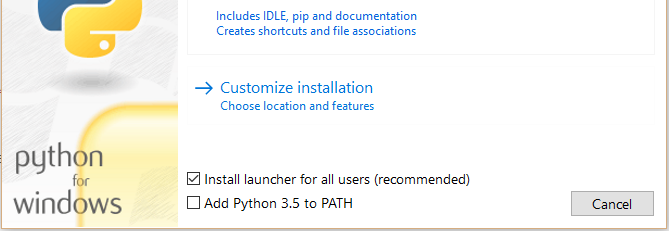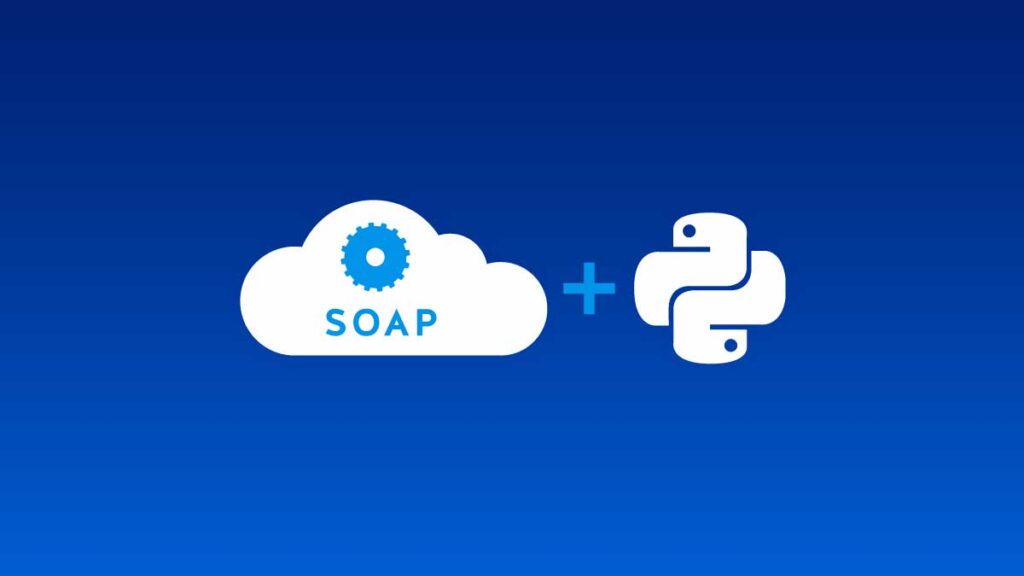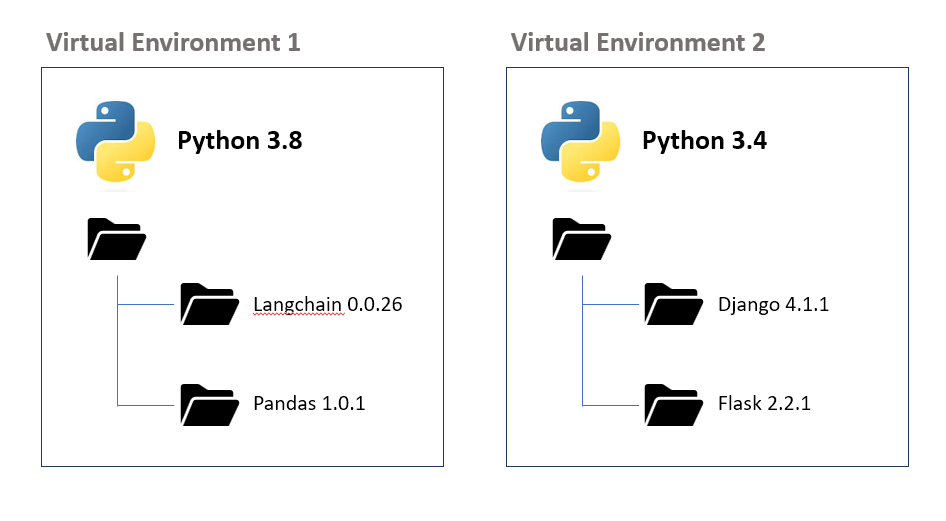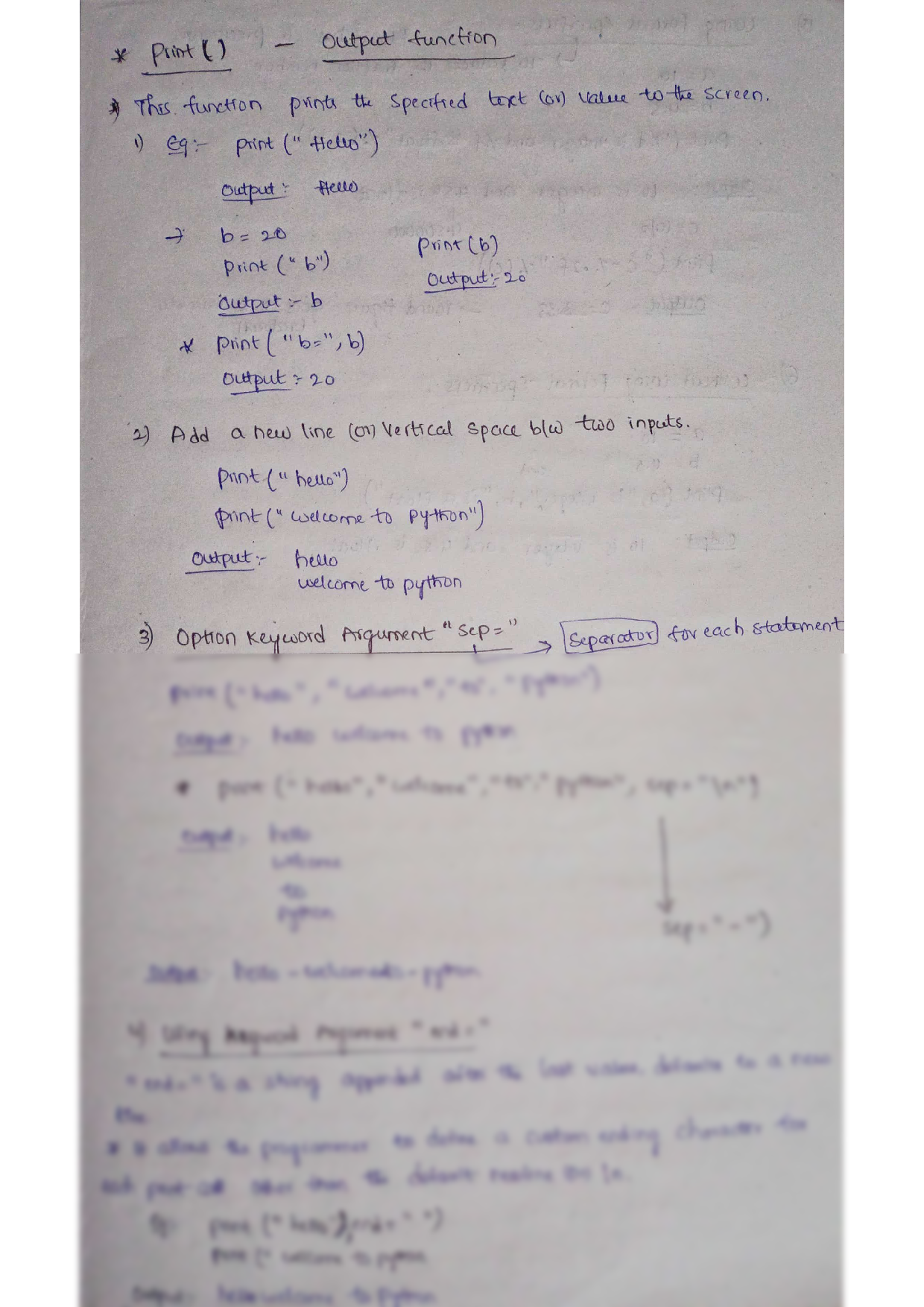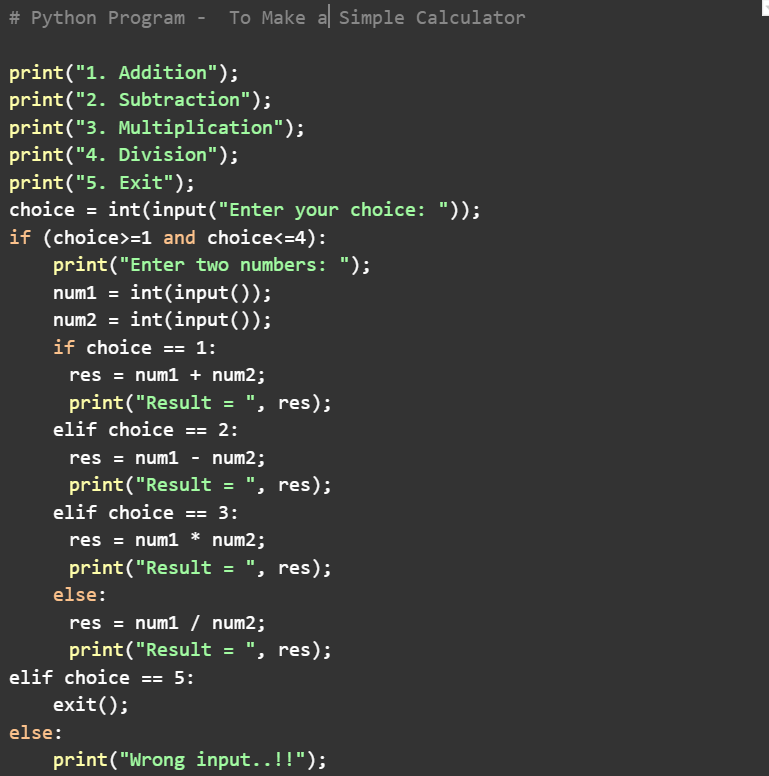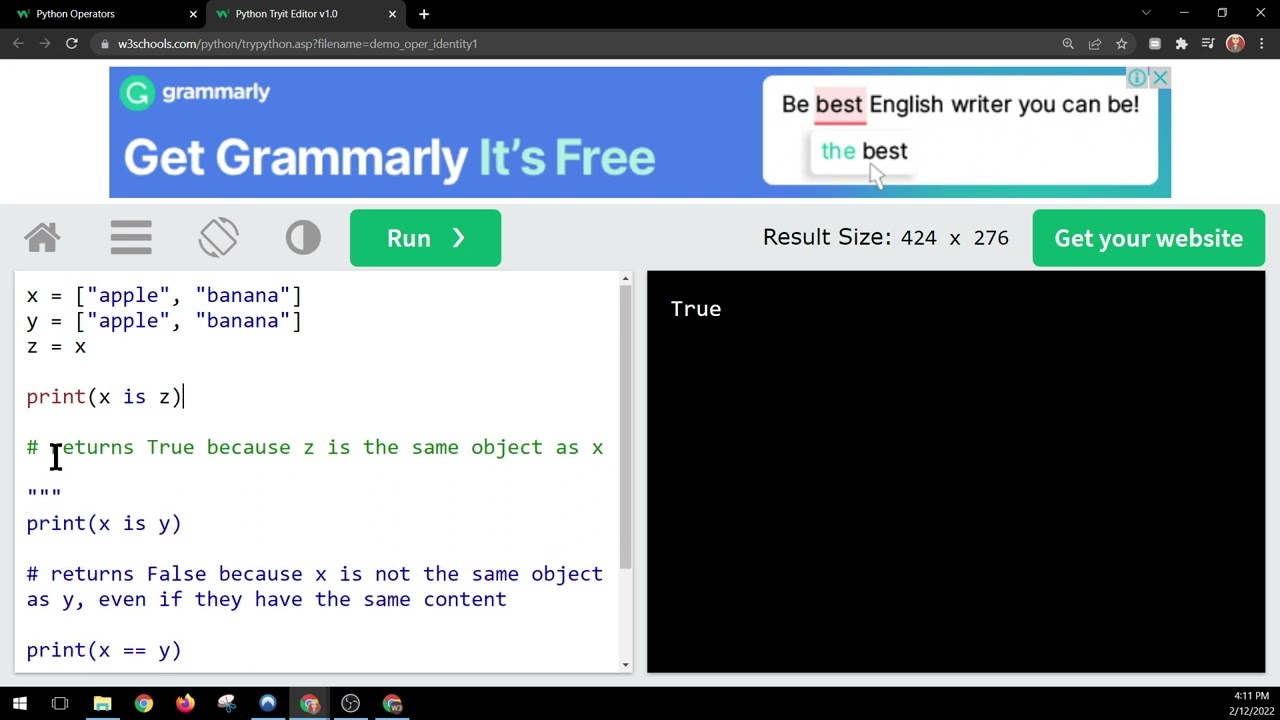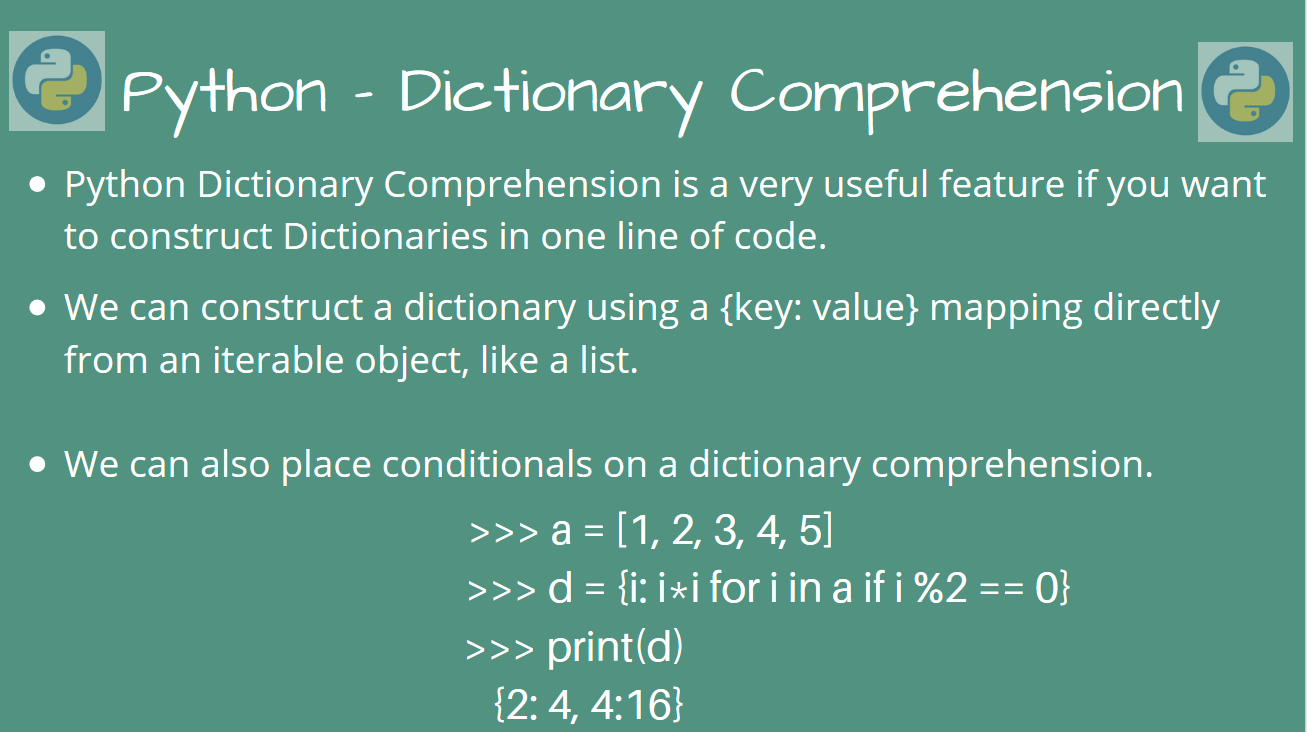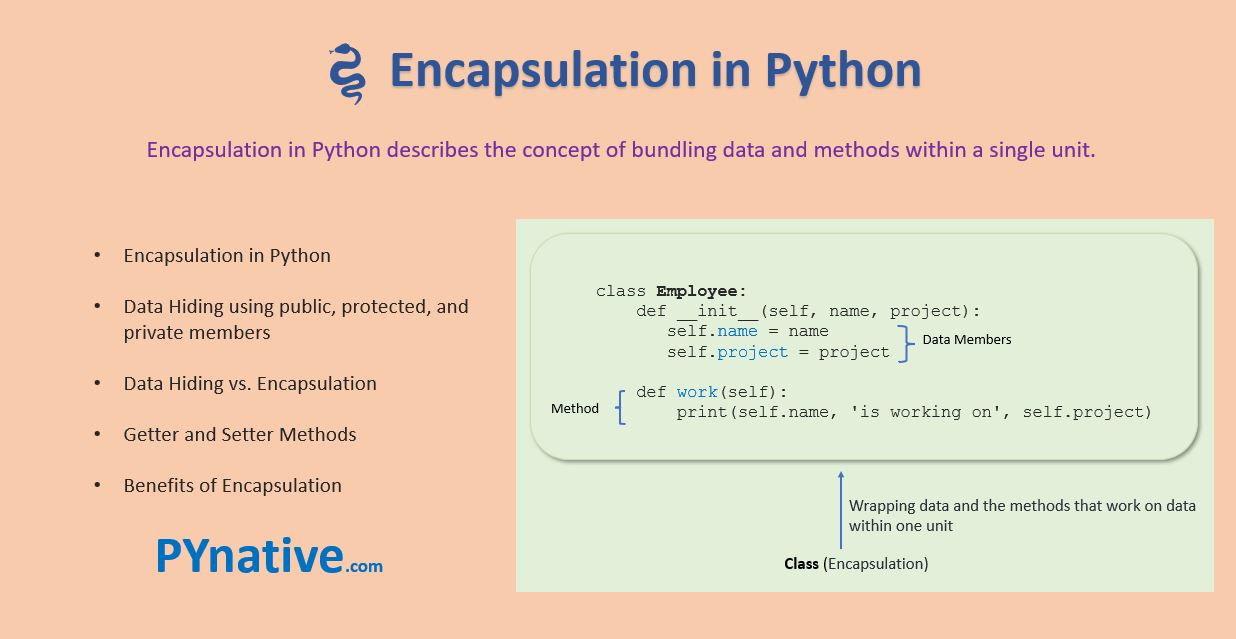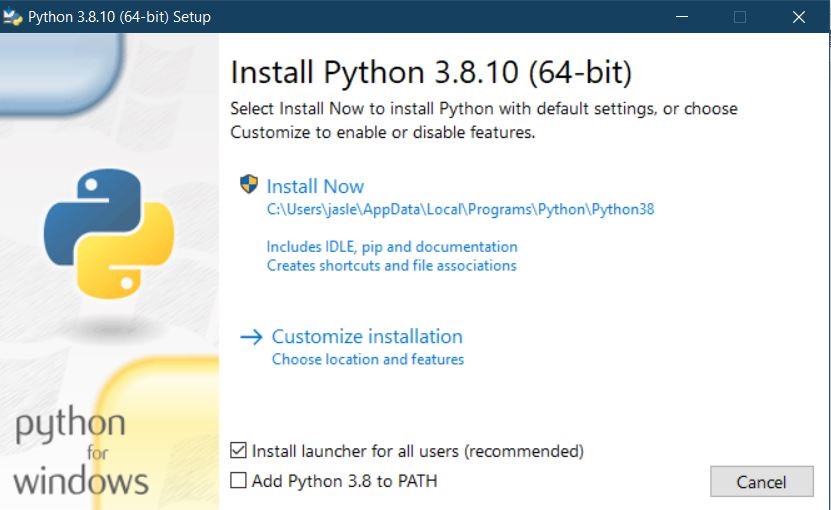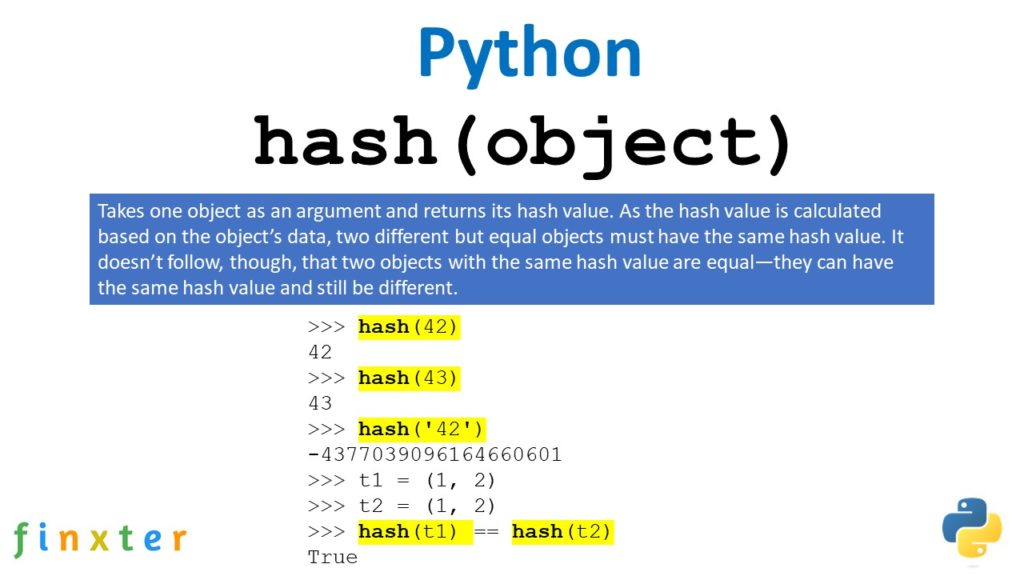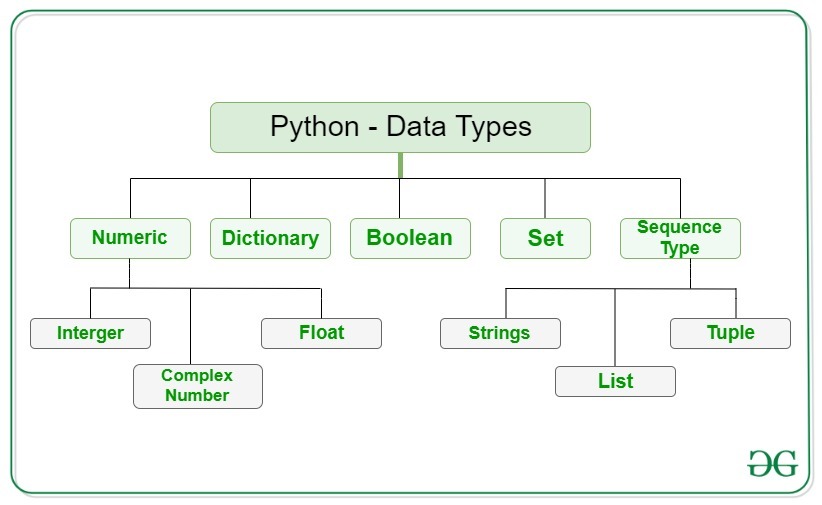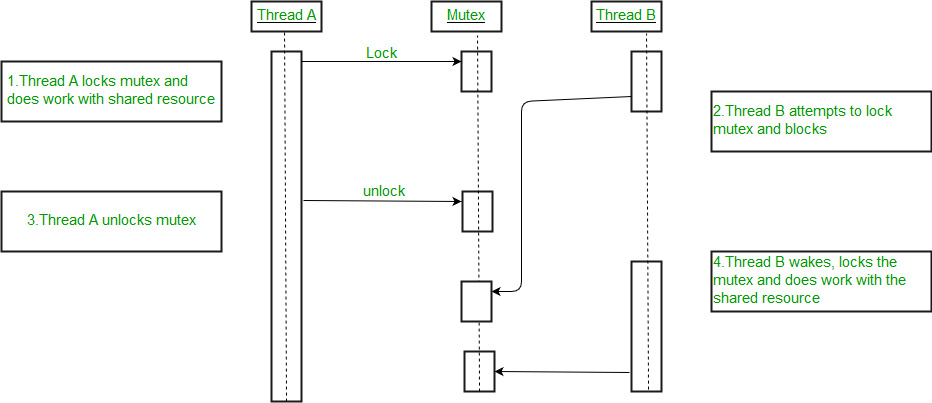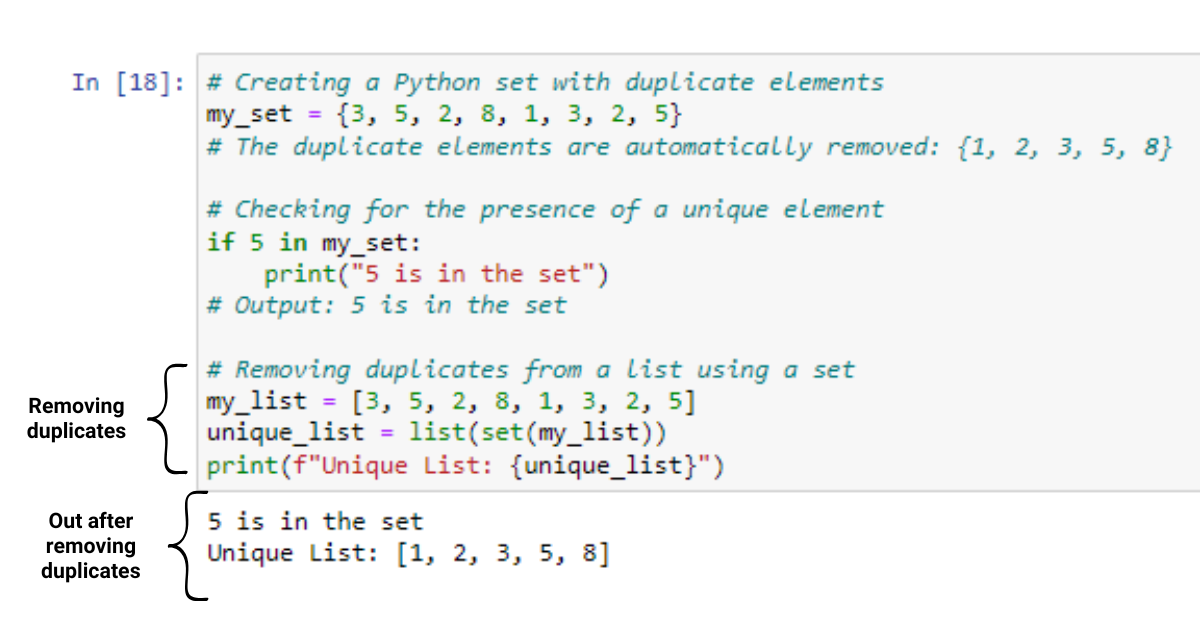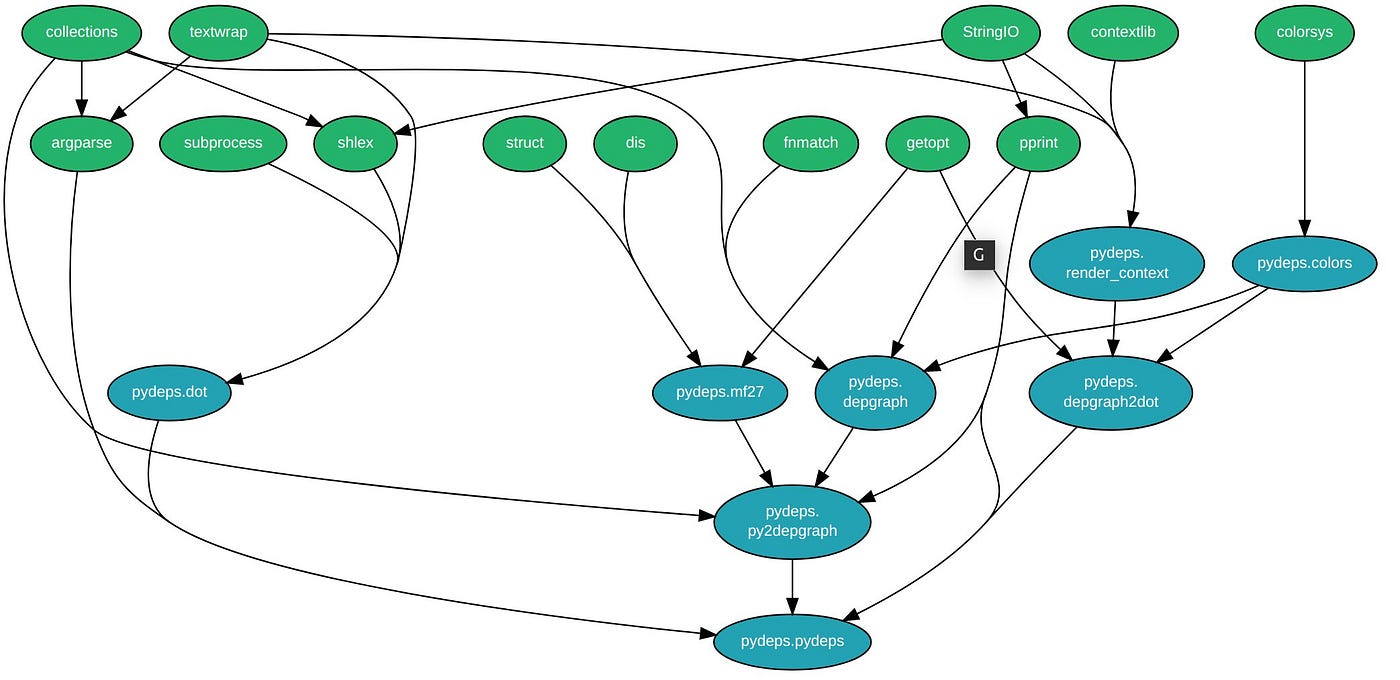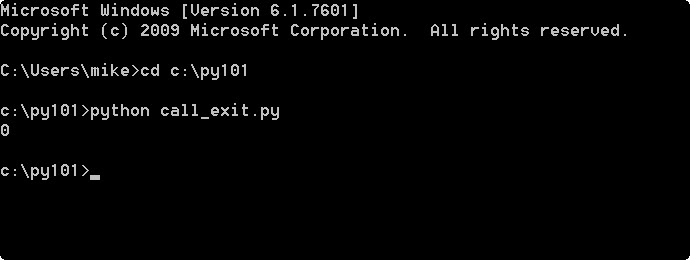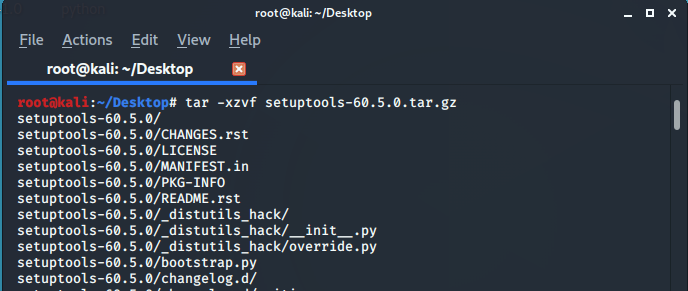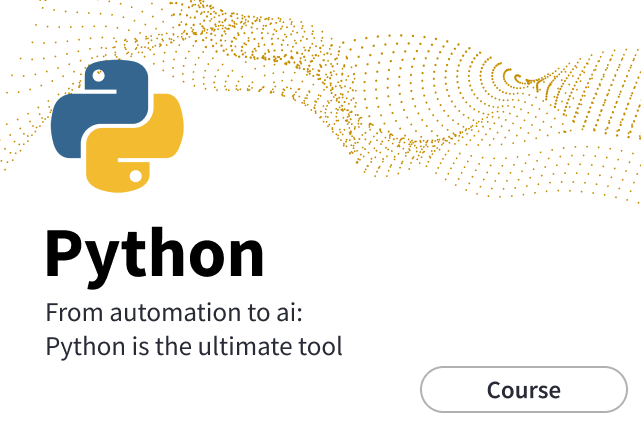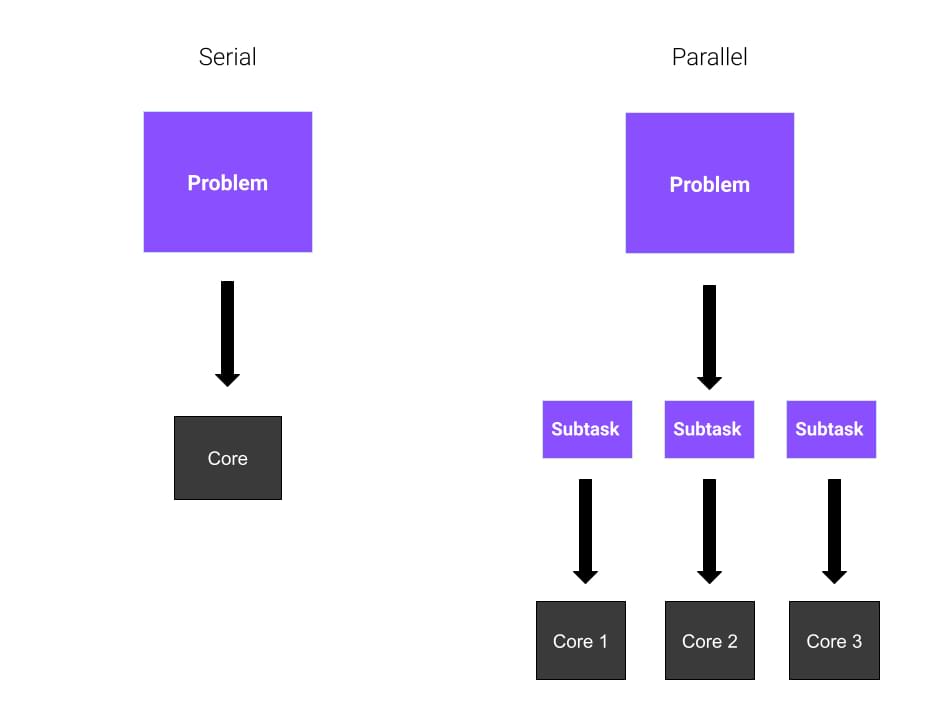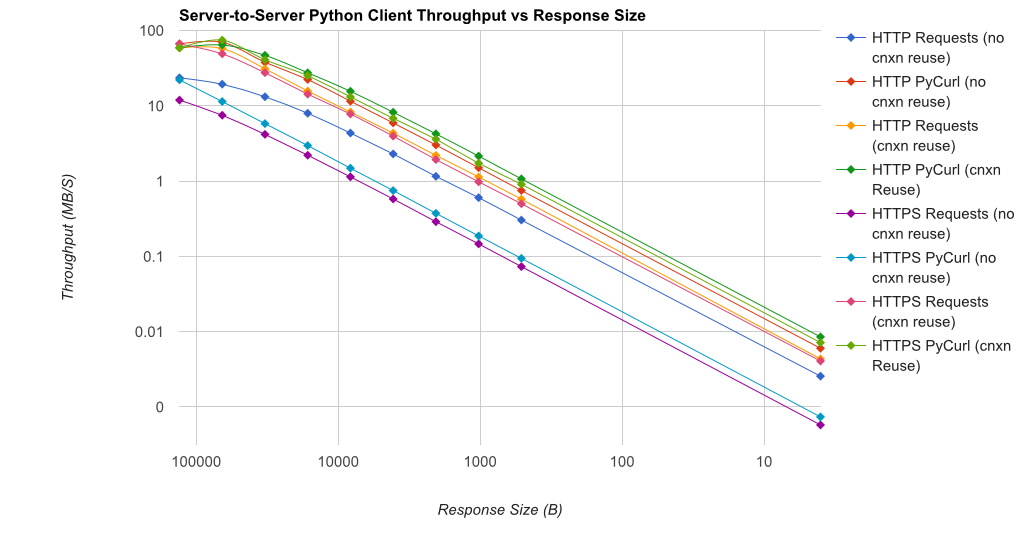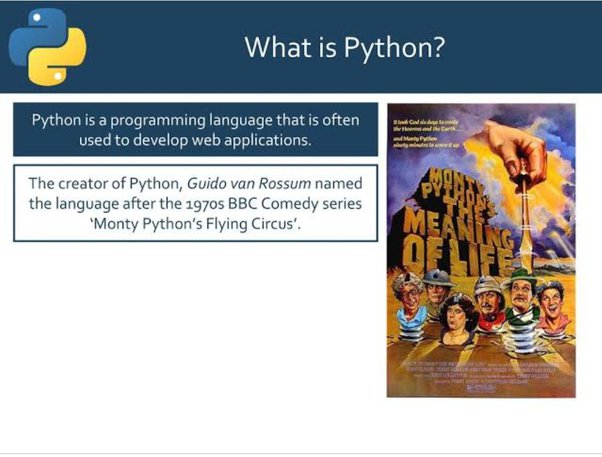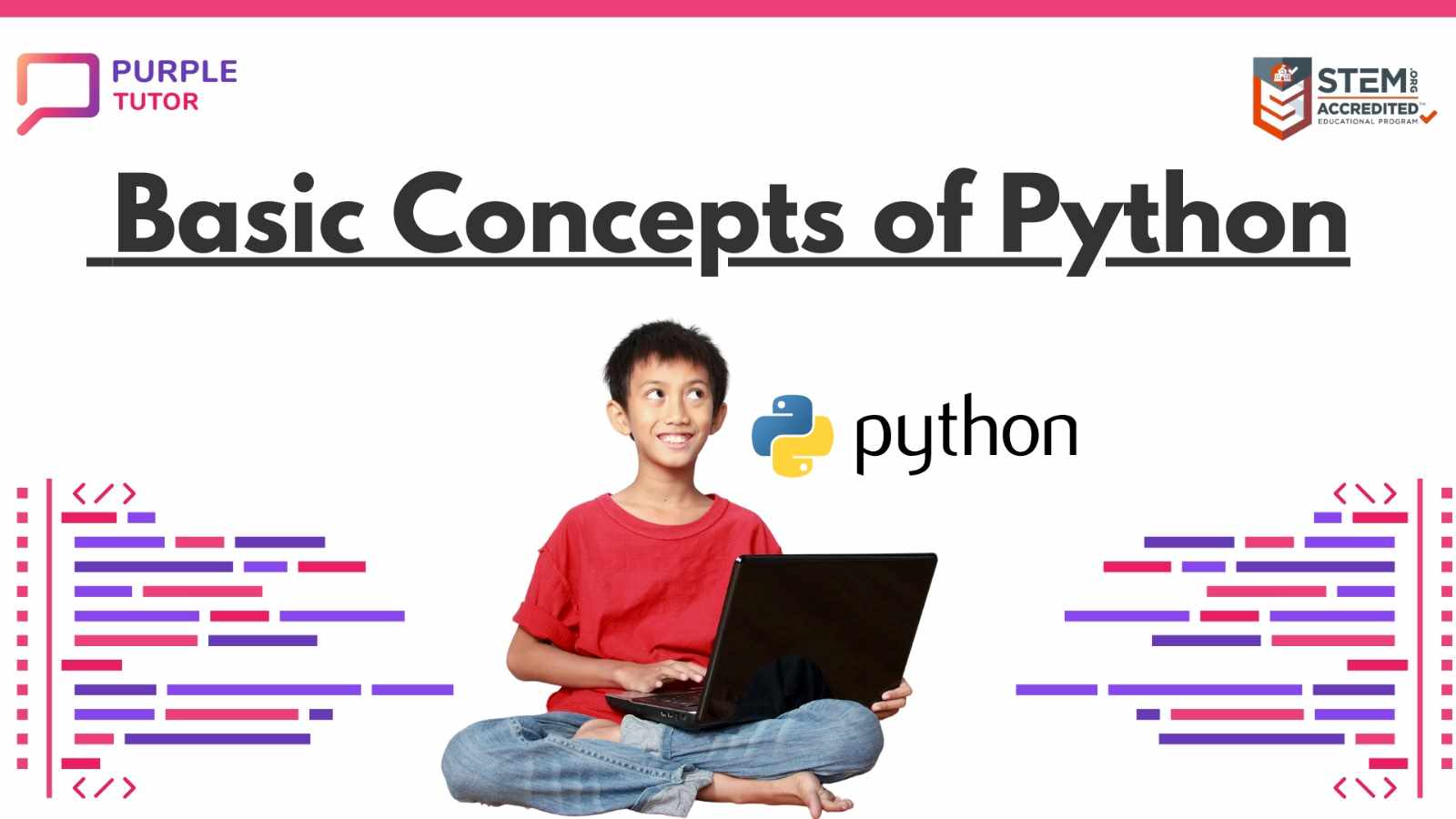Do i really need python or java
Do i really need python or java
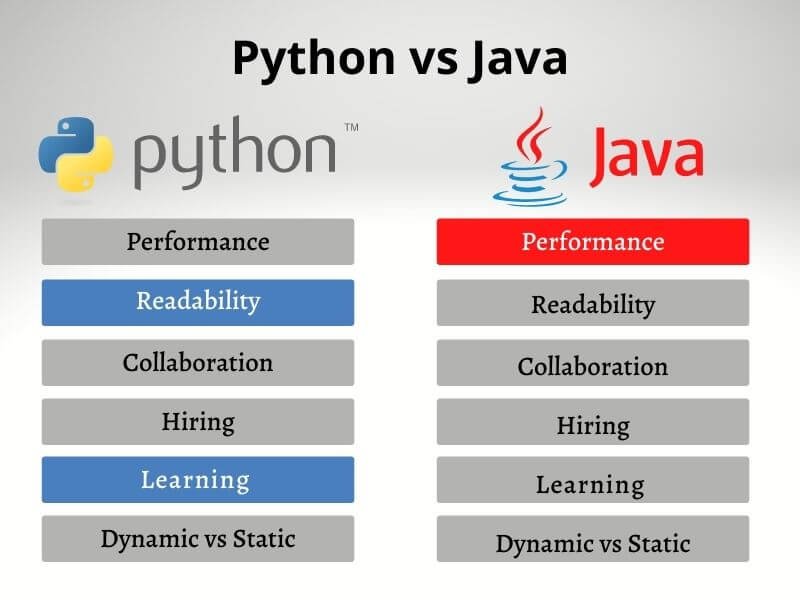
The age-old question: do I really need Python or Java? Well, let me tell you, as a wise old sage once said, "It depends." Yes, you read that right - it's not a straightforward yes or no answer. The choice between Python and Java (or any programming languages for that matter) largely depends on your goals, interests, and the kind of projects you want to work on.
Now, let me give you some insight into each language. Python is often referred to as a "general-purpose" programming language. It's known for its simplicity, readability, and ease of use, making it an excellent choice for beginners. With Python, you can create web applications using frameworks like Django or Flask, build machine learning models with libraries like TensorFlow or Keras, automate tasks and workflows, or even do some data analysis and visualization.
On the other hand, Java is often considered a "professional" language. It's known for its platform independence, which means that programs written in Java can run on any device that has a JVM (Java Virtual Machine) installed. Java is commonly used for Android app development, building enterprise-level applications, creating games, or even doing some web development.
Now, you might be wondering why you would choose one over the other. Well, here are a few scenarios:
Beginner: If you're just starting out with programming, Python is an excellent choice. It's easy to learn, has a gentle learning curve, and is widely used in many areas. Web development: If you want to build web applications or websites, both Python (with Django or Flask) and Java (with Spring or Hibernate) can be good choices. However, Python might have an edge here due to its ease of use and the popularity of frameworks like Django. Machine learning and data science: If you're interested in machine learning, data analysis, or visualization, Python is likely your best bet. It has a rich ecosystem of libraries and tools for these areas, such as NumPy, pandas, scikit-learn, and Matplotlib. Android app development: If you want to build Android apps, Java is the way to go. You can use frameworks like Android Studio or Eclipse to develop your apps. Enterprise-level applications: If you need to build large-scale enterprise applications with complex logic and scalability in mind, Java might be a better choice.In conclusion, while Python and Java share some similarities, they have distinct strengths and weaknesses. The question of whether you really need one over the other depends on your goals, interests, and the kind of projects you want to work on.
So, here's my final thought: don't worry too much about which language to choose - just start coding with the language that excites you the most! As you gain more experience and build a portfolio of projects, you can always expand your skillset to include other languages. Happy coding!
Is Python useful in the real world?
Python is an incredibly versatile and powerful programming language that has numerous applications in the real world. Its popularity stems from its simplicity, flexibility, and ease of use, making it a go-to choice for developers, data scientists, researchers, and even beginners.
Here are some examples of how Python finds practical uses:
Web Development: Python is used to build web applications using frameworks like Django and Flask. Many popular websites, such as Instagram and Pinterest, rely on Python for their backend development. Data Science and Machine Learning: Python's extensive libraries (NumPy, pandas, scikit-learn) and simplicity make it an ideal choice for data analysis, visualization, and machine learning tasks. Companies like Netflix, Google, and Facebook utilize Python to analyze vast amounts of data and train AI models. Automation: Python is often used in automation testing, where it can control other software applications, automate repetitive tasks, and perform system administration duties. This is especially useful in industries like finance, healthcare, and manufacturing. Scientific Computing: Researchers and scientists use Python to analyze and visualize complex data, simulate experiments, and create models for various fields, such as physics, biology, and climate modeling. Game Development: Python's ease of use and flexibility make it a popular choice for game development, especially for indie game developers. The Pygame library provides an accessible way to create 2D games. Education: Python is widely taught in schools and universities due to its simplicity, making it an excellent introduction to programming languages. This leads to a new generation of programmers familiar with the language. Research and Academia: Python is used extensively in various research fields, such as physics, biology, and social sciences, for data analysis, visualization, and computational modeling. Automation of Business Processes: Companies like Amazon, Airbnb, and Uber use Python to automate tasks, such as customer service chatbots, payment processing, and inventory management. Cybersecurity: Python's versatility makes it an excellent choice for security researchers and ethical hackers, who use it to develop tools for penetration testing, vulnerability assessment, and malware analysis. Home Automation: Python is used in home automation projects, allowing users to control devices, such as lights, thermostats, and security cameras, remotely or through voice assistants.In conclusion, Python's real-world applications are vast and varied. Its simplicity, flexibility, and ease of use make it an attractive choice for developers, researchers, and individuals alike. Whether you're looking to automate tasks, build web applications, analyze data, or develop machine learning models, Python is an incredibly useful programming language that can help you achieve your goals.
